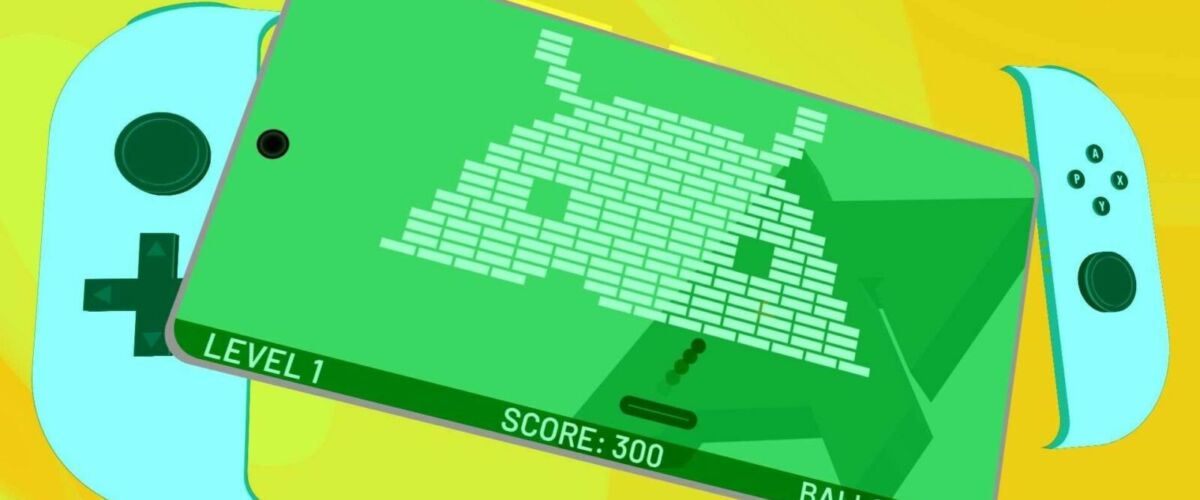Over 24 million people have purchased Hogwarts Legacy, Warner Bros.’ open-world RPG, since its February 2023 release — more than any other game in the last year. That’s the first time in 15 years that something other than Call of Duty or a Rockstar game sold the most. Its estimated budget of $150 million was no small undertaking, but the investment clearly paid off. In that light, we can surely look forward to the next blockbuster single-player title built around a hugely popular universe, right?
Not so fast. On March 4, J.B. Perrette, WB Discovery CEO and President of Global Streaming and Games, held a call with a Morgan Stanley technology conference, indicating commitment to the “mobile and multi-platform free-to-play space,” while focusing more on live service games. Gross.
Live service goes back over two decades to massively multiplayer online titles like Ultima Online, EverQuest, and my favorite, Asheron’s Call. Supported by monthly subscriptions, these open-world adventures saw considerable content added on a regular basis, and began the popular MMO genre. Live service games can be beloved, entertaining, and wildly successful — when done right.
Rocksteady studio employs tons of talented, awesome people, who deserve free rein to make good games
But the February 2024 Suicide Squad: Kill the Justice League provides clear evidence that Warner Bros. does not, apparently, know how to do it right. Instead of a dynamic, emotional, story-driven experience like Hogwarts Legacy and countless other AAA titles, this underwhelming product suffers from repetitive gameplay, questionable story decisions that don’t match established lore, and little to no payoff.
“But Rocksteady made the acclaimed Batman: Arkham series,” you might argue. That’s true. The devs know what they’re doing. But Suicide Squad’s game-as-a-service nature hamstrings it from the start.
Even good live service games rely on battle passes and nickel-and-dime microtransactions
Forcing devs to accommodate the promise of a continual flow of live service content leads to different results than a typical single-player AAA game. The story premise shows potential but promising side characters are left unexplored, while questionable — and somewhat unresolved — narrative decisions leave room for future additions. Presumably relying on upcoming public events, the open world largely lacks any kind of physical interactivity or interesting side activities.
Instead of linear, story-focused missions, nearly Suicide Squad’s entire campaign comprises tedious open-world events like fetch quests, hostage rescues, location defense, and uninspiring mini-boss hunts. This kind of bland, copy-pasted level design borrows directly from GaaS looter-shooters like Anthem, which is as far from a compelling, story-driven RPG as it gets.
At least Suicide Squad’s microtransactions are only cosmetic
A good endgame challenges and entertains even the most overpowered player-characters. WB’s latest live service offering does not, essentially forcing you to repeat the same tedious objectives simply to repeat them again. With a finish leaving room for future events, there’s little to no payoff after trudging through the same daily tasks. But this isn’t a Suicide Squad hit piece. I promise.
A “just OK” mobile game called Lego Batman 3: Beyond Gotham
All context indicates WB’s failure to learn from a decade-plus of live service games that saw similar shortcomings. It doesn’t even include the full versions of promised skins to buyers of the Deluxe Edition, demanding additional microtransactions after people shelled out $100 at launch.
Not only did WB get monetization wrong, a bug fix brought the servers down immediately after the pre-release early access launch. An embarrassing launch, indeed.
Some publicity moments — like Keanu’s “You’re breathtaking!” — stand out in great ways. Other moments make companies seem wildly out of touch, like Blizzard’s director asking, “Do you guys not have phones?” after announcing Diablo Immortal wasn’t planned for PC release.
Clearly, mobile gaming is valid, and a fun endeavor for many. But WB CEO Perrette’s proposed goals make its planned focus seem a lot more like a cash grab than the holistic, ongoing worldbuilding he claimed.
F2P games rely on locking desirable content behind achievements and loot that can’t be easily obtained without shelling out cash. The rising popularity of gacha games like Genshin Impact shows the model can work and make the producer money while satisfying fans. But, given WB’s directive of stale level design, unresolved story beats, and unsatisfying microtransactions, there’s little hope of a Harry Potter Android game being more than a re-skinned version of something already done a thousand times.
Genshin Impact has tons of fans for a reason
Plus, a lot of gamers simply never break into mobile gaming, which essentially cuts those fans out of any extended worldbuilding experience. That means beloved franchises like the Wizarding World and DC comics universe could inadvertently exclude otherwise diehard followers, who won’t spend their time playing a gacha game on a phone.
In yet another insulting blow, WB also ended all new downloads of its Adult Swim games — one more reason to believe it doesn’t respect its customers or have their best interests at heart.
To be fair to Mr. Perrette, he didn’t explicitly say WB plans to stop making big-budget AAA games. Instead, he described a company that owns every step of the process, including the intellectual property, studios, and marketing machine. He even mentioned hiring a specialist to develop the path forward for tying together mobile, live service, and other games.
Harry Potter: Magic Awakened is actually quite charming
Inspiring some hope, WB’s significant stable of development studios has historical ties to successful live service, free-to-play, and even microtransaction-laden games. These include such titles as The Lord of the Rings Online, Mortal Kombat, and even the aforementioned Asheron’s Call.
The Harry Potter, DC, Game of Thrones, and Mortal Kombat IPs comprise most of WB’s gaming business. Those powerful properties draw tons of emotionally and financially invested fans. WB is a multi-billion-dollar company that is under the control of many experienced, talented professionals.
WB doesn’t want to risk a $150-million production every year in case one flops like Suicide Squad. But the main takeaway from “Nobody liked our live service game” should never be “Let’s make more live service games!” It doesn’t make sense when big-budget RPGs like Baldur’s Gate III regularly sit near the top in sales and hype.
Good games take money, time, and know-how, which WB clearly has. They also take some self-awareness and a great deal of listening to your customers. If it keeps devaluing beloved IPs like Suicide Squad did, it could lose quite a few of those fans.





